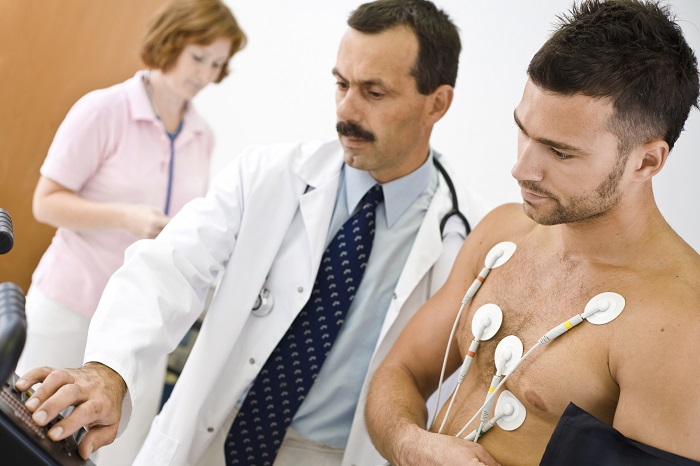Atrial Fibrillation (AF) and You
- 0About this program
- 1What is AF?
- 2AF and You
- 3Causes of AF
- 4Symptoms of AF
- 5AF-related stroke
- 6Anticoagulation Therapy
- 7Treatment Options for AF
- 8Healthy Living and AF
- 9Living with AF
- 10How we can support you
Content on HealthUnlocked does not replace the relationship between you and doctors or other healthcare professionals nor the advice you receive from them.
Never delay seeking advice or dialling emergency services because of something that you have read on HealthUnlocked.
Symptoms of AF
Symptoms of AF

Some people with AF do not have any symptoms, and it may only be discovered at a routine medical examination or following an admission to A&E with another condition. However, some patients may present with palpitations (being able to feel the increased and irregular heart rate), shortness of breath or chest pains.
The easiest way to detect AF is to feel your pulse. This should then be confirmed using an ECG.
Common symptoms of AF can include:
- Palpitations which may be rapid
- Tiredness
- Shortness of breath
- Dizziness
- Chest pains
Content on HealthUnlocked does not replace the relationship between you and doctors or other healthcare professionals nor the advice you receive from them.
Never delay seeking advice or dialling emergency services because of something that you have read on HealthUnlocked.